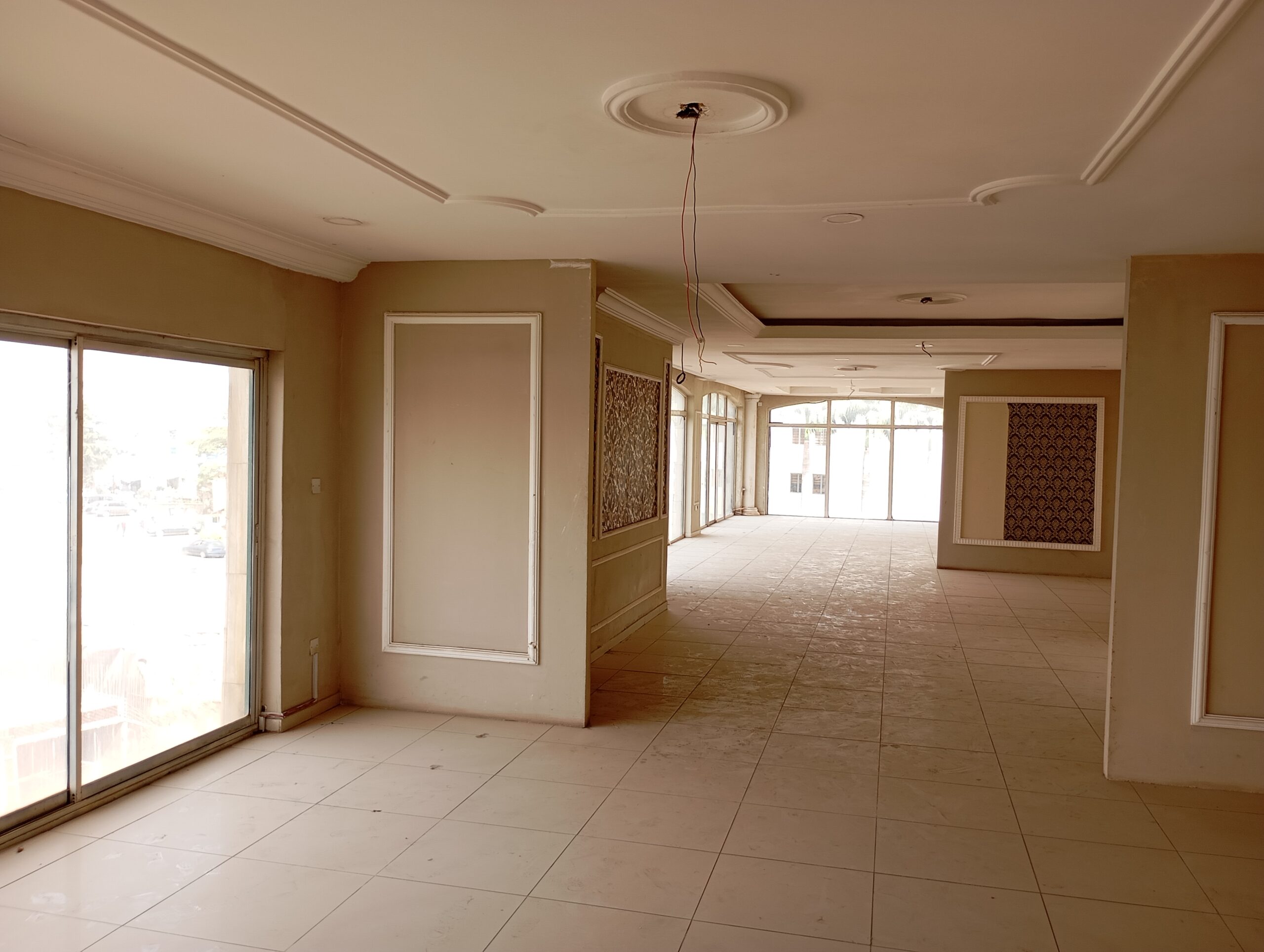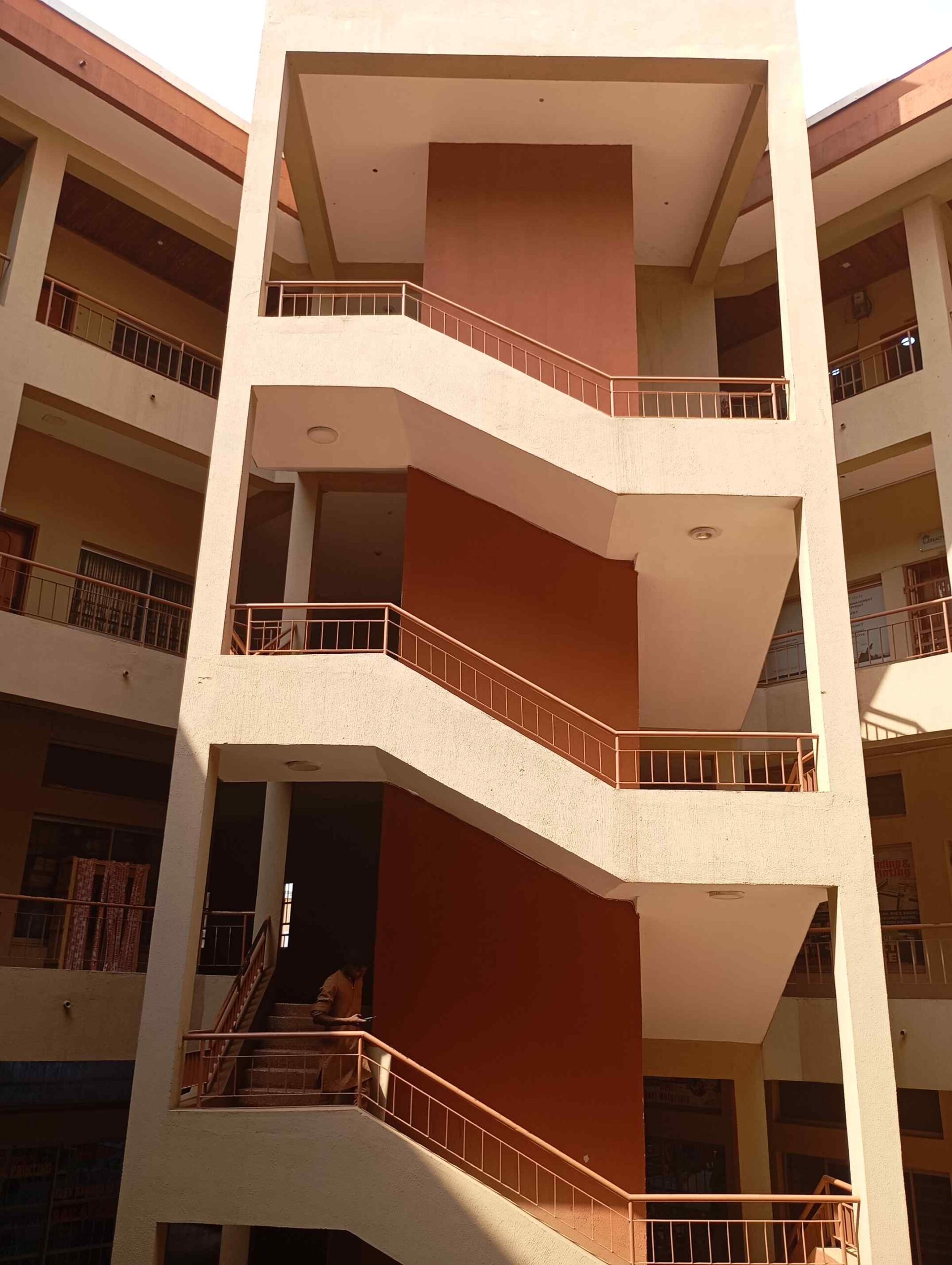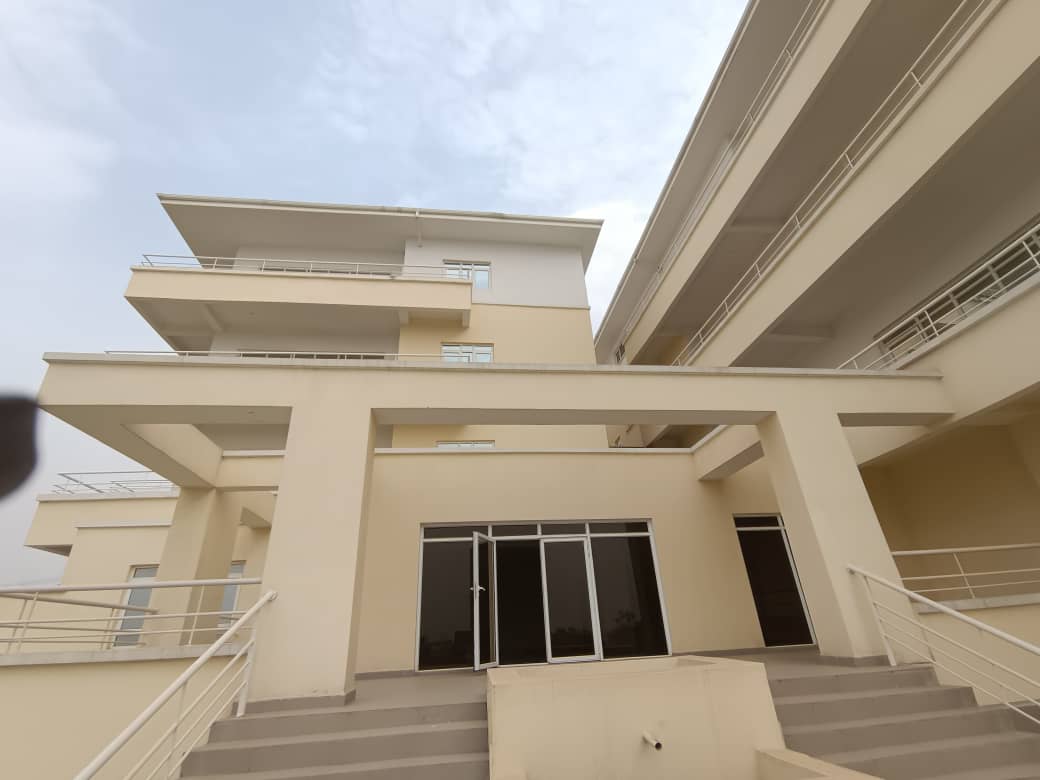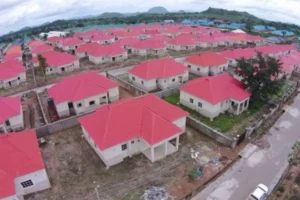Nigeria’s Housing Deficit is a major cause for concern, but also an opportunity. The nation urgently needs to build more houses to forestall the further worsening of its housing deficit issue. As resilient Africans, many Nigerians have always adapted to different situations as they come, hence the problem of homelessness is not yet overtly apparent. But data shows that a serious crisis is coming.
Contact: Nellyani Properties for Housing Solutions in Nigeria.
In 1991, according to data from CBN and FMB, Nigeria needed 7 million homes. Today, in 2023, the number has skyrocketed to 28 million, according to the same sources.
That is an alarming 300% increase in Nigeria’s housing deficit.
This is not just a problem; it is also an opportunity as different stakeholders stand to gain from prioritizing this issue. But if it is not treated with the urgency it requires, it could constitute a significant amount of concern for society.
Crime Increase
The rate of crime is expected to rise as homelessness worsens, as captured in Study. A higher population density comes with a higher crime rate, but where there is a significant housing shortage along with the high population density, the rate of crime would rise even further. Chemical dependency and substance abuse are also rife among the homeless and hopeless.
Pressure on the Healthcare system
Nigeria’s healthcare system is already under pressure. Homeless situations breed health crises easily. Nigeria needs more houses and homes to accommodate the homeless and ease the cost on others. This can reflect on the healthcare state of the community.
Life Expectancy
Life expectancy is noted to drop significantly with the homeless. In the United States, for example, according to Community Solutions to End Homelessness, life expectancy for a housed individual is 78 years, while it drops to 50 years for the homeless.
Environmental Impact
In Nigeria, for example, people without accommodation usually resort to ‘squatting’, which is Nigerian slang for perching with someone who has a home. In highly populated urban centers like Lagos and Port Harcourt, two cities that have suffered the most from rural-urban migration, the environment has been degraded severely, especially by a nearly non-existent waste management programme. These two cities, also have the largest slums, built on stilts worsening the ecological conditions of the aquatic bodies.
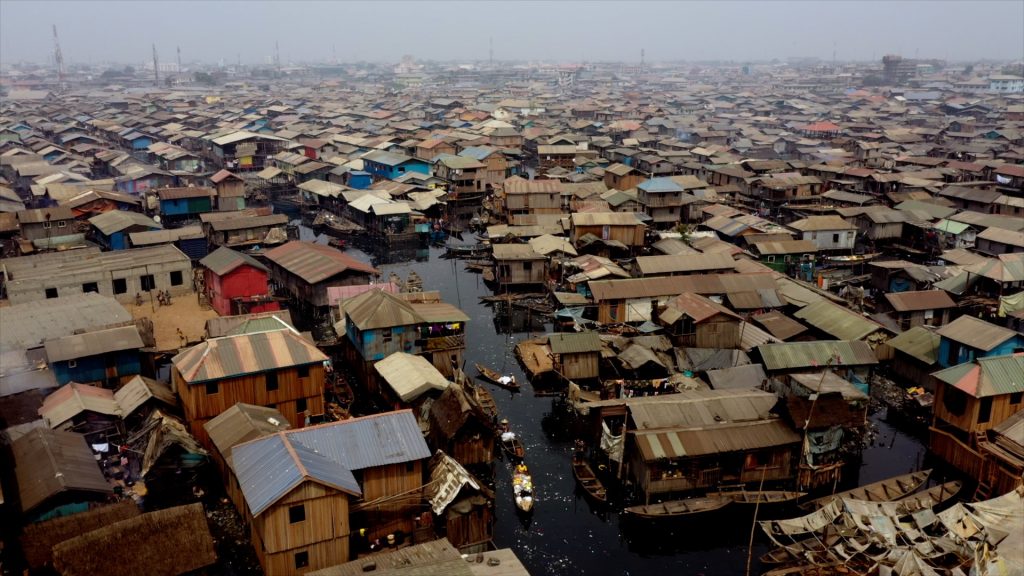
Slum Makak
Nigeria’s Housing sector needs urgent intervention, not only by Governments at different levels but by other stakeholders too. Credit providers need to see opportunities in this sector too. Depending on the financing models deployed, the housing sector of Nigeria can be a significantly lucrative business ecosystem due to the sheer magnitude of the housing deficit situation.
Call us at Nellyani Properties via +2348034511039


